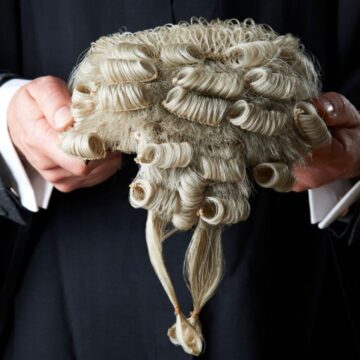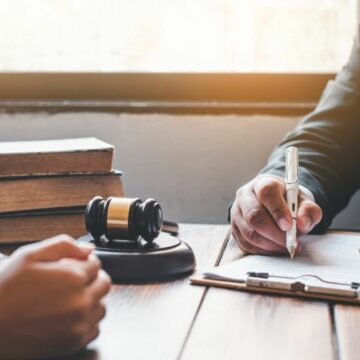
Fact-finding hearings are an important way for the court to decide whether allegations are true or not.
They are used in family courts throughout the country in family law proceedings.
However, they can be a daunting experience, as parties are cross-examined in court.
In this quick guide, we’ll explain fact-finding hearings and how they affect direct access clients.
Why Has The Court Listed The Case For A Fact-Finding Hearing?
Should one party make allegations during family law proceedings that the other party denies, the court will decide whether to list the case for a fact-finding hearing.
They are usually used in child arrangement applications but are also heard in other areas, such as financial remedies proceedings and domestic violence injunctions.
Fact-Finding Hearing Preparation
If the court lists your case for a fact-finding hearing, you will likely be asked to provide a schedule of allegations, and the other party may be asked to provide a statement responding to the allegations.
They may also have to provide a schedule of allegations to which you may have to respond.
This schedule is something that you can do yourself as a litigant in person, and often, direct access clients do these themselves to save money on legal fees.
Alternatively, it is always prudent to seek advice from a direct access barrister who can draft a schedule of allegations on your behalf and/or respond to a schedule you may have to reply to.
Direct access barristers can do this work for a fixed fee agreed in advance with you.
What Happens At Court During A Fact-Finding Hearing?
During a fact-finding hearing, both parties will be required to sit in the witness box and tell the Judge what happened in each allegation.
This is the oral evidence both parties will have to provide.
Each party will be cross-examined by the other party or their legal representative.
The court will listen to the evidence, and the Judge may ask questions themselves.
Then, the Judge will make a final decision about which allegations are true and which cannot be proved.
You can also instruct the same barrister who drafted and/or responded to the schedule of allegations to represent you for a fixed fee during the fact-finding hearing, which may last several days.
Legal expertise will help you communicate your point to the court and the other party being cross-examined by a legal professional.
Once the fact-finding hearing has been completed, the court will give further directions and potentially list the case for further hearings.
Contact Barristers First
Have you been approached about a fact-finding hearing?
Or would you just like to learn more?
At Barristers First, our team will be happy to connect you with a barrister for a fact-finding hearing.
Email info@barristersfirst.com or call 0330 133 4456.
Alternatively, you can complete the form on our contact page, and a member of our team will get back to you shortly.






